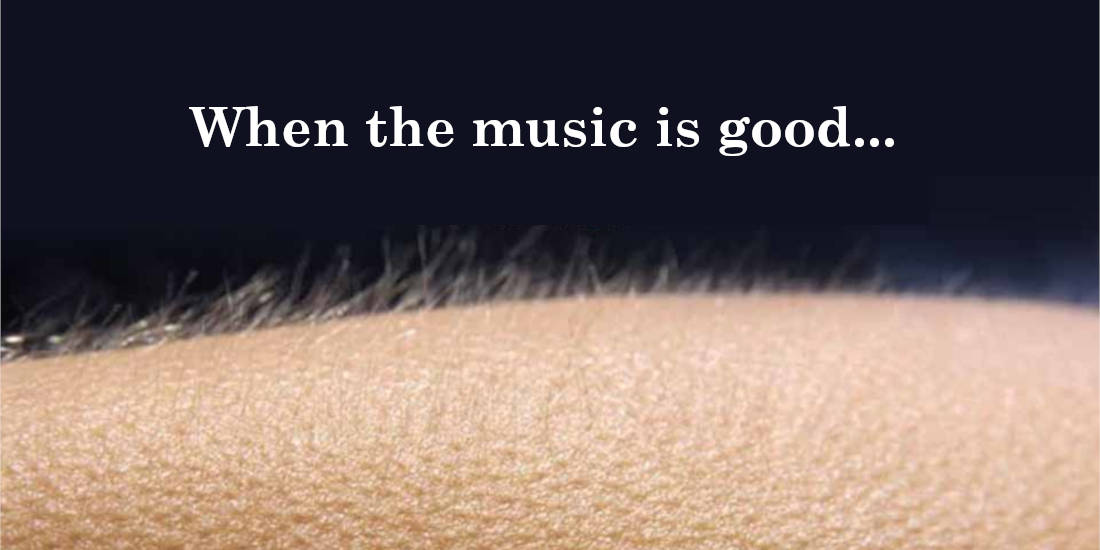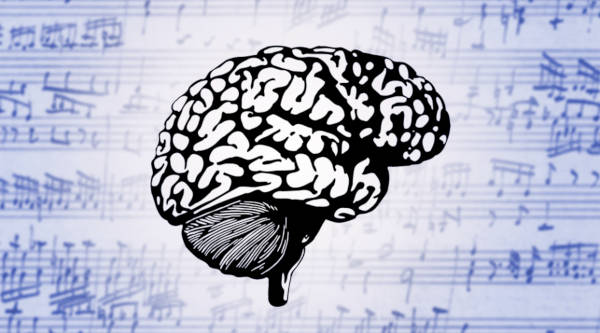Music influences us in different ways. The immediate reaction to a piece is physical. But to some, music evokes a lot more. The emotions felt are deeper and more intense, so much so that the listener begins to empathize with the notes. They begin to flow with the music and eventually it takes control of their soul. The shudder of emotions that passes when he finally connects with music is something that not everyone experiences. The feeling is one of intense excitement and complete satisfaction. But the sensation is fleeting.
Some are different
Studies undertaken by leading researchers have found that those who experience a pleasurable sensation while listening to music are wired differently in the brain. Matthew Sachs of Harvard studied several individuals in the process that involves an extreme but fleeting feeling of intense emotions generated by music, also called the chills, and what triggered them. In some individuals, the part of the brain which processes auditory information or information pertaining to what we hear is connected by a greater volume of fibers to the area identified with emotional processing. Better connectivity between the two ensures better processing of the things we hear.
So we can safely conclude that some individuals are better adapted neurologically to emotionally react to music. People who are emotionally more attuned and hardwired to react to music are able to experience intense and strong emotions. The study is limited to music but could apply equally to all spheres of emotional activity. This study which simultaneously involved music, emotions, and the brain has detected a strong connection between the three.
The process
The process begins as music enters our ears. It stimulates neurons and contributes to that arousing effect of music which makes us want to be at one with the music. It is a unique, intensely emotional, and physical experience resulting from exposure to a favorite piece of music.
An emotion in two parts
An interesting part of the study into the emotional effect of music reveals that the brain reacts in two parts- one in contemplation of the thrill and then as part of the experience itself. The first part is the moment of anticipation of the excitement. The second part is the perception of excitement itself. It does reflect the way the brain reacts to basic stimuli as food or sex and it suggests that music is connected to the deepest and oldest reward-mechanism of the brain. It has also been suggested that an increase in the period of anticipation strengthens the feeling of intense excitement when this music reaches the long-awaited crescendo. The genre does not matter. Prior knowledge increases the feeling of excitement.
Intense but fleeting
The feeling in itself may be fleeting. It does not come frequently and rarely lasts long. This whole process is stronger among people whose auditory cortex is more densely connected by fibers with areas that process emotions. In short, they can communicate better, faster, and more intensely and efficiently.
Music has a tremendous power to influence and manipulate emotions. It is common knowledge that the emotional content of music is intensely subjective. It might overwhelm a person but leave the next one cold. Other factors like memories, environment, culture, mood, and personality might influence the reaction that music elicits. Research has reinforced the assertion that some brains are better wired to react to the intense feeling of excitement and satisfaction that music gives.











